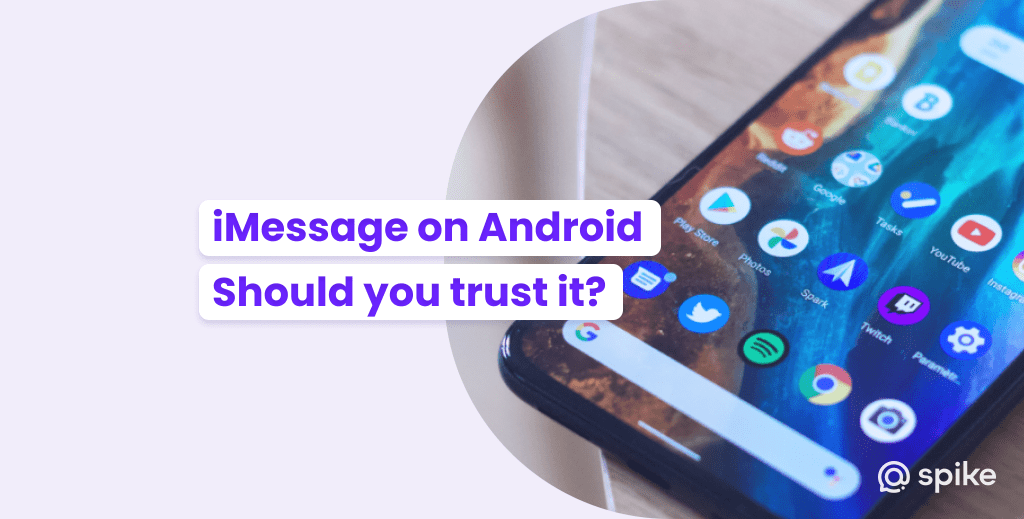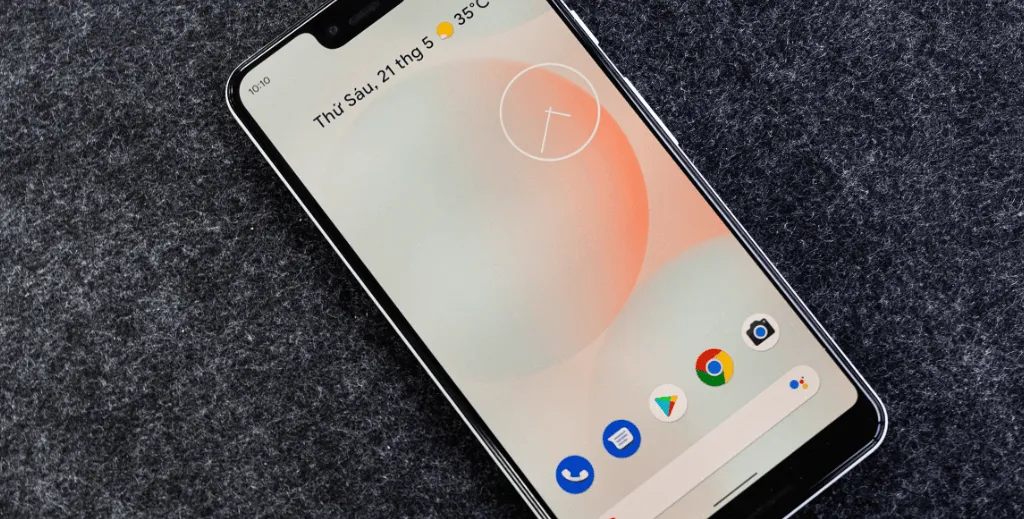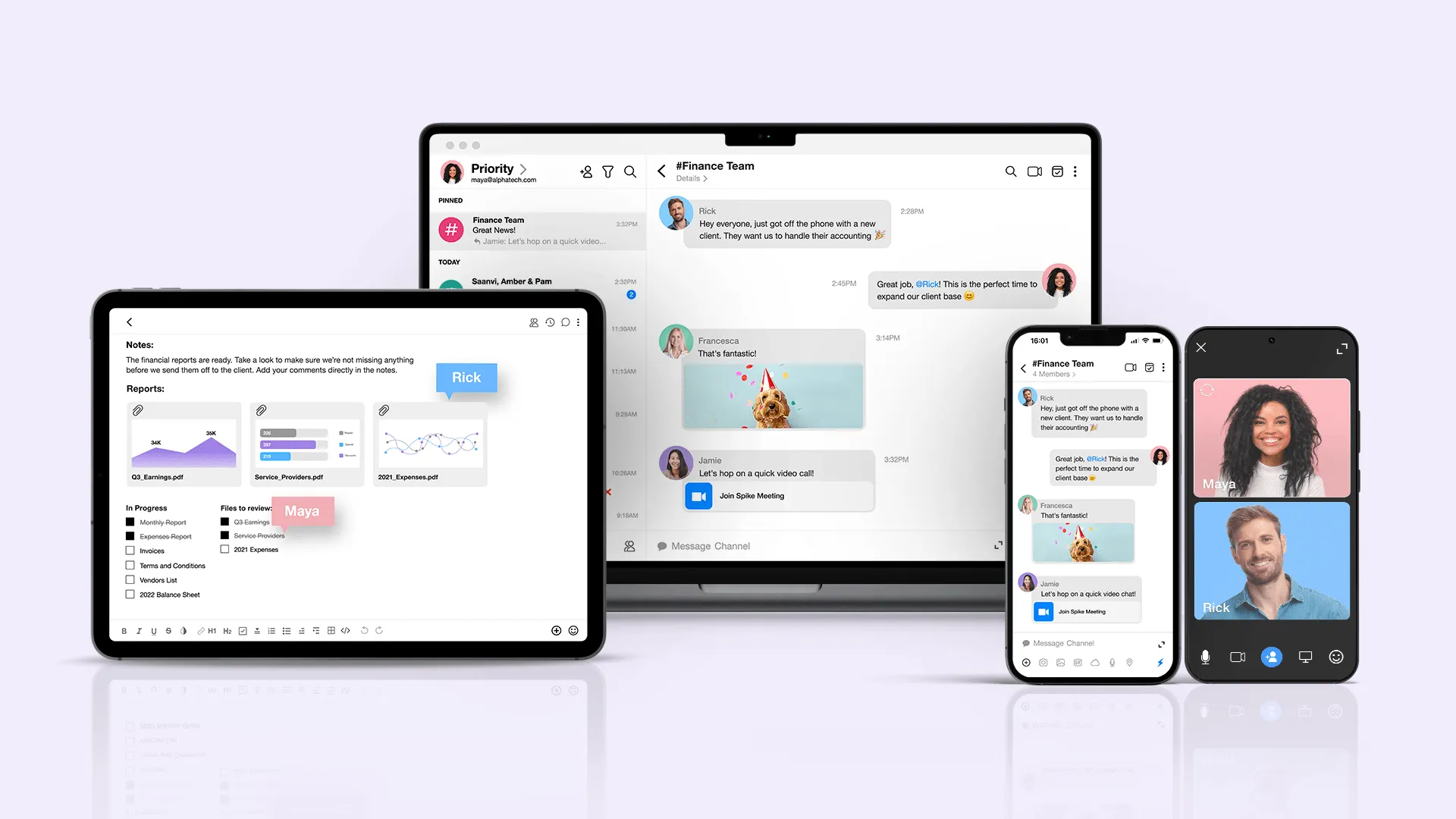iMessage Comes to Android? Should You Trust It?

The new Beeper Mini app aims to bring the much-desired iMessage experience to Android users in a native form. Unlike previous versions, which required using a Mac as a bridge and signing in with an Apple ID, Beeper Mini has “reverse-engineered” iMessage to connect directly to Apple’s service, eliminating the need to use Beeper’s or any third-party servers. This direct connection also allows for using the phone number on your device with iMessage, a unique feature among similar apps.
Concerns about privacy and security, especially given the previous failure of the “Nothing Chats” iMessage app for Android, are addressed by Beeper’s commitment to transparency. The backend of Beeper is mainly open-source, and the company plans a full security review to ensure user trust. Additionally, a proof-of-concept has been published on GitHub, demonstrating the app’s functionality and security measures.
Apple’s Response

The response from Apple regarding Beeper Mini has been significant and has attracted attention from various parts of the industry. After the initial launch of Beeper Mini, which aimed to bring iMessage to Android without requiring an Apple ID login, Apple intervened and made changes that effectively disabled the app. This action by Apple quickly garnered criticism, including from US Senator Elizabeth Warren, who highlighted the issue on X. Warren questioned Apple’s motives, suggesting that blocking Beeper Mini might be an attempt by Apple to protect its profits by limiting competition, and emphasized the importance of easy and secure communication across different platforms.
Green bubble texts are less secure. So why would Apple block a new app allowing Android users to chat with iPhone users on iMessage? Big Tech executives are protecting profits by squashing competitors.
Chatting between different platforms should be easy and secure.
Apple, already facing antitrust scrutiny for various reasons, including its App Store policies and iPhone ecosystem lock-in, defended its decision. Apple didn’t mention Beeper Mini in a statement but confirmed steps were taken to block methods that exploit fake credentials to access iMessage. Apple justified this move by emphasizing security concerns, stating it could not ascertain whether messages sent through Beeper Mini maintained end-to-end encryption.
Despite these challenges, Beeper Mini briefly restored its service with an updated app version, with limitations such as removing phone number support and requiring an Apple ID. However, Apple’s stance suggests that it might continue to block or limit the functionality of apps like Beeper Mini in the future to protect its users and maintain the security of its services.
Protocols > Platforms
The battle between proprietary platforms and open protocols is ongoing in the digital comms landscape. Beeper Mini’s attempt to bring iMessage to Android and Apple’s subsequent response highlights a crucial aspect of this struggle. Proprietary platforms like iMessage offer a controlled, often seamless experience but at the cost of exclusivity and potential privacy concerns. On the other hand, open protocols champion inclusivity and flexibility.

This is why Spike Teamspace is built on top of email, an open protocol. This approach ensures universal accessibility and interoperability, the cornerstones of effective digital communication for teams and individuals. Unlike closed systems, which often lock users within their ecosystem, Spike leverages the omnipresence of email, ensuring that anyone with an email address, regardless of their platform, can be part of the communication loop. This inclusivity is essential in a world where digital communication is increasingly fragmented across various platforms.
As a protocol, email has stood the test of time, moving from a simple messaging system to a powerful enterprise communication that handles a vast array of digital interactions. Spike Teamspace leverages this versatility and adds layers of modern communication tools on top of it. This includes features like real-time messaging, collaborative note-taking, task management, and more, all while retaining email’s underlying reliability and reach. By building on top of open protocols, Spike ensures that teams can collaborate effectively without worrying about compatibility issues or the need for multiple communication tools.
Another advantage of building on top of an open protocol like email is longevity for companies. This longevity provides stability and future-proofing that proprietary platforms, which can change policies or cease operations at short notice, can’t match. For businesses and teams, their communication tool is less likely to become obsolete or unsupported, ensuring continuity and reducing the risk of disruption.
Spike Teamspace highlights the benefits of choosing protocols over platforms. By building on the open, universal, and trusted email protocol, Spike offers an inclusive, secure, and versatile communication tool. It provides a sustainable and user-friendly alternative in a landscape often dominated by closed, proprietary systems like Microsoft Teams and Slack. This approach democratizes team and business communication and reinforces the importance of open standards in fostering collaboration, innovation, and user empowerment in the digital age.
Wrap-Up
The controversy surrounding Beeper’s integration of iMessage on Android and its subsequent blocking by Apple underscores a significant point: the need for a clear distinction between proprietary platforms and open protocols in the tech industry. Apple’s decision to block Beeper from accessing iMessage was justified, given that iMessage is a private service, much like WhatsApp or Slack, which are designed to operate within their ecosystems. This situation highlights the essential role of protocols, promoting interoperability and universal access, a concept starkly different from proprietary platforms and closed systems.
This incident also accentuates the growing demand for solutions like iMessage on PC or iMessage on Android. It underscores the need for the tech industry to move towards developing and supporting open protocols, which offer a more inclusive and versatile approach to digital communication. In a world where seamless cross-platform interaction is increasingly vital, prioritizing protocols over proprietary systems may be the key to fostering broader connectivity and collaboration. We’re proud to champion the open protocol of email!




